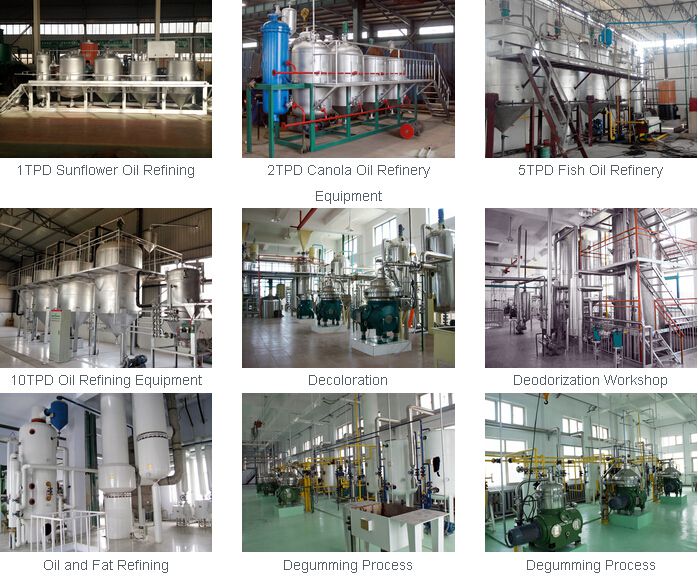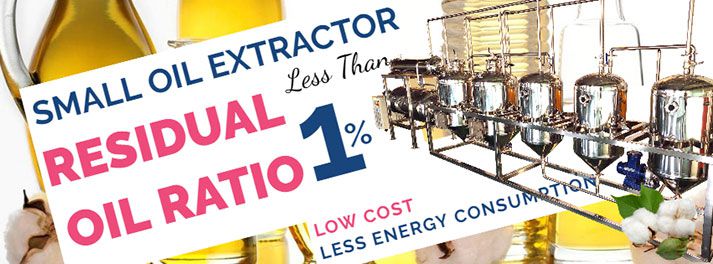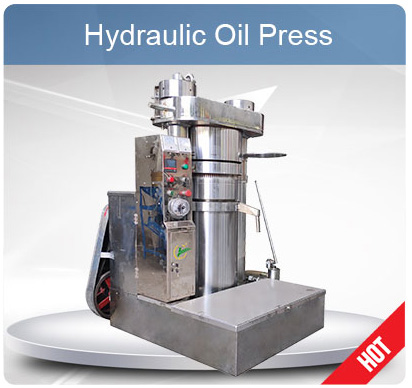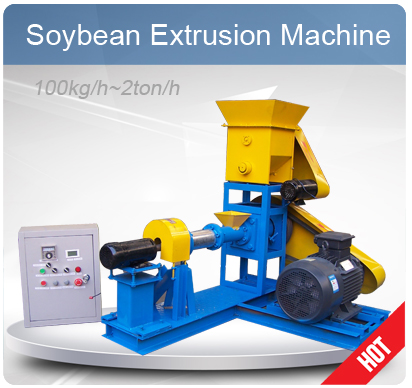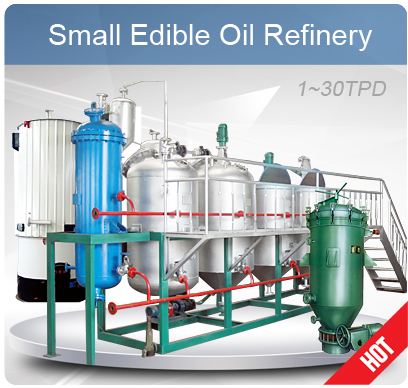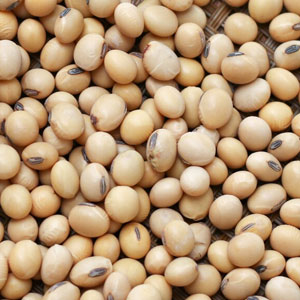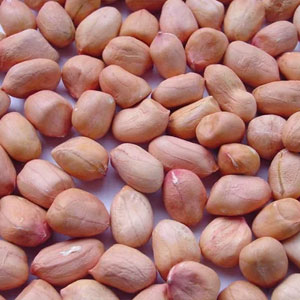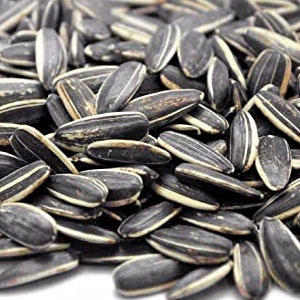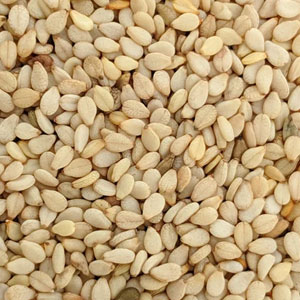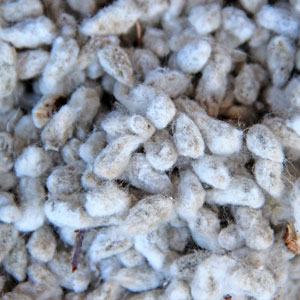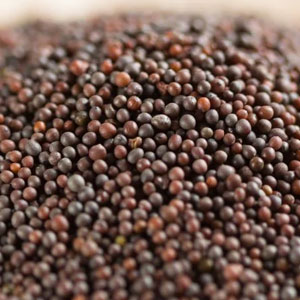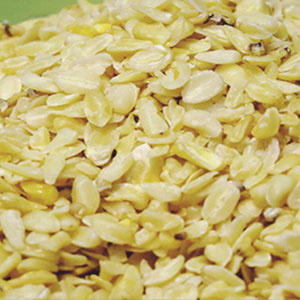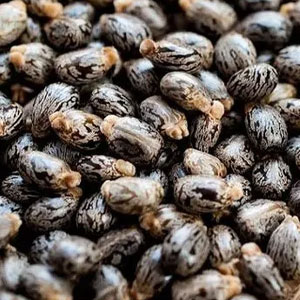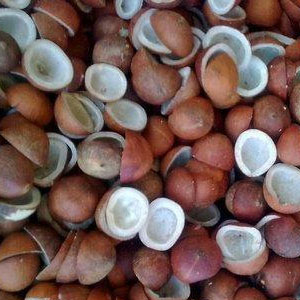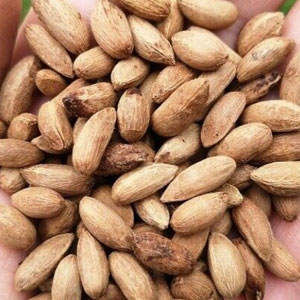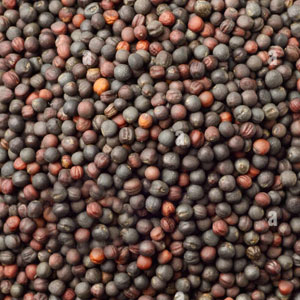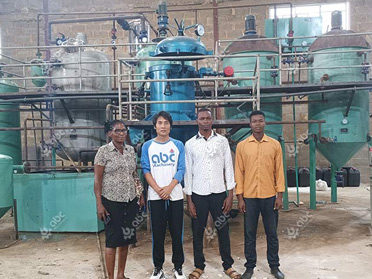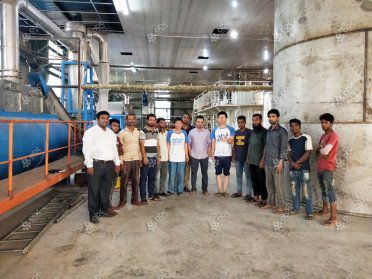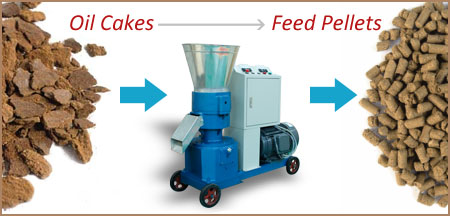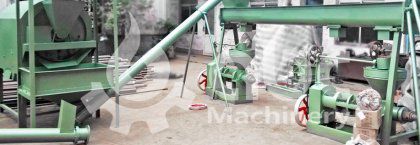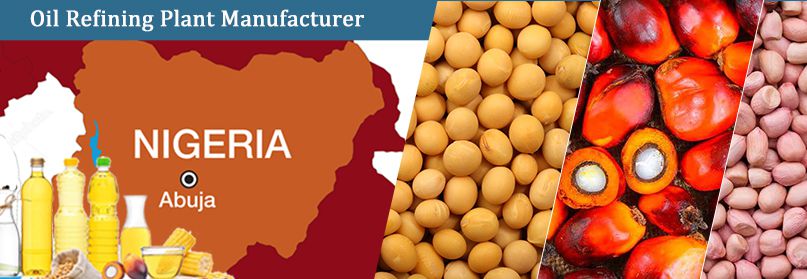The natural oil or crude oil always contains some different kinds of impurities in different quantity. The impurity type and quantity depend on the variety and quality of oil plant, oil processing technology and methods. When crude oil is produced through oil milling production, it is essential to get rid of these unwanted impurities, and make the oil achieves the standards of edible or industrial use. This process is called “oil refining”.
Oil Refining Methods
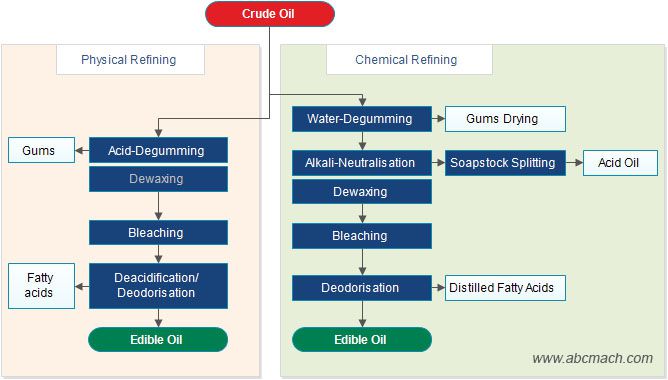
- Physical Refining: subsiding; filtering, centrifugal separation;
- Chemical Refining: acid-refining, esterfying, organic redox reaction (decoloring);
- Physical-chemical Refining: hydration, neutralization (depickling), adsorption (decoloring), freezing (dewaxing, stearin), distillation (deodorizing), quid-liquid extraction, miscella refining;
Set Up a Crude Oil Refinery Plant
Read More: How to build a oil refining line? >>
Video: Crude Oil Refinery Machine in Edible Oil Mill
Here is a video of small crude oil refinery machine for processing high quality edible oil. The factory shown in this video is built for one of our client in Inida. It is designed for extract oil from mustard seeds. (Read More: Mini Mustard Oil Mill Plant in India)The Species of Impurity in Crude Oil
Crude oil (raw oil) is unrefined vegetable oil which is generally obtained from oilseeds pressing (squeezing) or solvent extracting, without refining. The main component of crude oil is a mixture of fatty acid triglycerides, commonly known as neutral oil. In addition, it also contains amount of various non-triglyceride components, collectively called oil impurities. Oil impurities can be generally divided into six categories.
- Mechanical Impurities
Removing Methods: filtering, settling and centrifuge method;
Mechanical impurities mean sediment, powder, cake residue, fibers, grass clippings and other solid contaminants. These impurities is insoluble in oil
- Water
Removing Methods: heating under ordinary pressure or reduced pressure;
Moisture impurities can make the oil darker in color and smelly. They also promote rancidity and lower the oil quality and use value, detrimental to safe storage.
- Peptizing Impurities
Removing Methods: degumming processing;
These kinds of impurity are tiny particles, distracting in oil products and forming colloidal solution together with oil, including phospholipids, proteins, carbohydrates, resins and mucus, etc. The most important one is phospholipid which possesses high nutritional value. However, when mixed in oil products, the oil will become muddy and dark. Besides, phospholipids will begin coking and taste bitter when heating, absorb moisture and promote rancidity, which can finally affect the quality and use of oil.
- Liposoluble Impurities
Removing Methods: alkali refining and distillation;
They exist in oil products in the form of free fatty acid, affecting the flavor and edible value of oil, prompting oil rancidity.
- Trace Impurities
Trace impurities includes trace metals, pesticides, polycyclic aromatic hydrocarbons, aflatoxins, etc. Although the content in the oil is very small, they has a certain toxicity for human body and must be removed in the refining process.
- Pigment
Removing Methods: adsorption bleaching (decoloring);
Pigment can make the oil darker, affecting the appearance of oil.
Except these six listed impurities, there are also some other special element contained in some kinds of oil, such as gossypol in cotton seed oil and mustard glycosides in rapeseed oil. Some of them not only affect the quality of oil products, but also harmful to human health. So it is essential to remove them by use of oil refinery plant.
The Purpose of Oil Refining
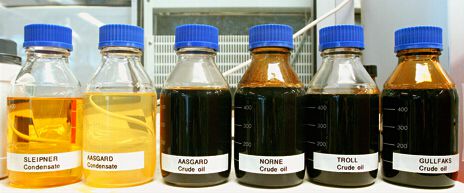
Not all impurities in the oil are harmful. For example, tocopherols and sterols both have high nutritional value. Tocopherol is the parent of synthetic hormone physiology, which not only can delay senescence of human cells, but also is a good natural anti-oxidant. Sterols can synthesize a variety of vitamins D under the action of light. Therefore, the purpose of oil refining is to remove harmful components and minimize loss of neutral oil and beneficial ingredients, based on different uses and requirements.

 Build Your Future!
Build Your Future!